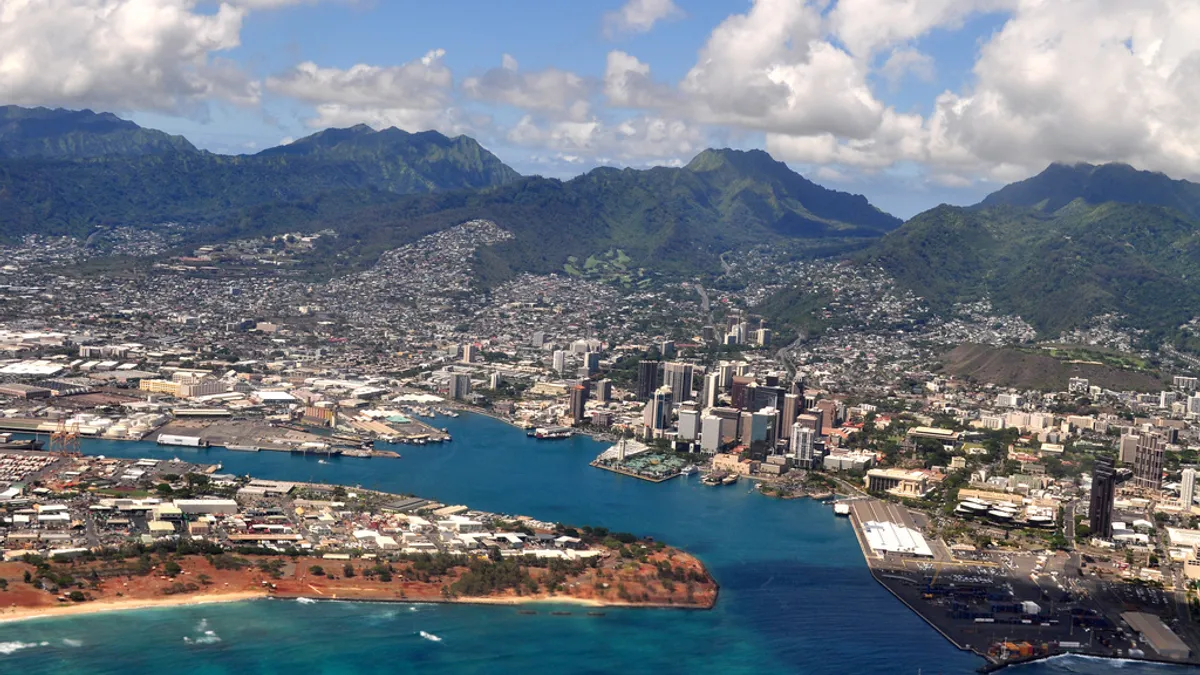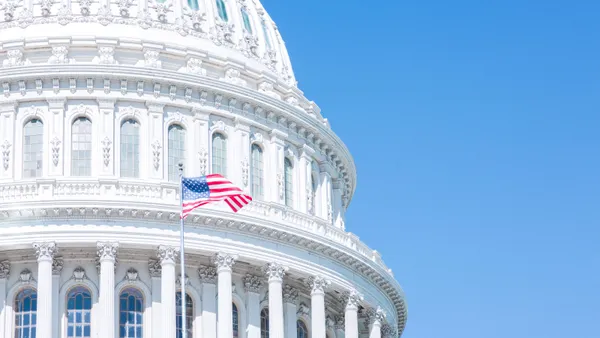Dive Brief:
- Hawaii lawmakers included $1.2 million in the state’s 2016-2017 budget for the study of “alternative utility and regulatory models, including "cooperative, municipal and independent distribution system operators.” The state Energy Office will conduct the study.
- The study, expected by the opening of the next legislative session, will consider alternatives to the investor-owned utility business model of Hawaiian Electric Industries, the state's dominant electric provider. The analysis will focus on how an alternative business model could best leverage existing resources, according to Energy Office Administrator Mark Glick.
- The Hawaii Public Utilities Commission continues to deliberate on the proposed $4.3 billion takeover of HEI by NextEra Energy, another investor-owned company. Throughout the proceeding, activists have pushed for a publicly-owned alternative like that proposed by the Hawaii Island Energy Cooperative (HIEC).
Dive Insight:
If approved by Gov. David Ige (D), the Energy Office study will be the second time the leaders in the state have sought input on the viability of an alternative utility business model.
Earlier this year, a report commissioned by the County of Maui on alternatives to the IOU model found an independent, nonprofit grid operator akin to an Independent System Operator (ISO) is the island’s best bet to take over from HEI subsidiary Maui Electric Company (MECO).
The independent distribution system operator would oversee reliability and operations on Hawaii's transmission and distribution systems — much like an RTO or ISO does for the bulk power system in organized markets on the mainland.
Capital costs to move to a grid operator would be “relatively low” because the operator would only take over operations of the MECO transmission and distribution grid, the study, conducted by consulting firm Guernsey, concluded. If the ISO/RTO approach is rejected, it added, the most practical choice would be a cooperative business model.
The Kauai Island Utility Cooperative (KIUC), which serves more than 20,000 on the island, is currently Hawaii’s only publicly-owned utility. After a rocky start in the early 2000s, KIUC has achieved solid financial status and popularity with its members. It also has integrated a higher level of renewables than Hawaiian Electric's companies, a factor that could weigh on the minds of state leaders as they look for a way to reach the state’s 100% renewables by 2045 mandate.
The budget, passed last week, still must be approved by Gov. Ige. The merger proceeding with NextEra, meanwhile, faces a June 3 deadline for a regulatory decision, though Hawaii leaders said last month that negotiations may stretch longer into the summer.













